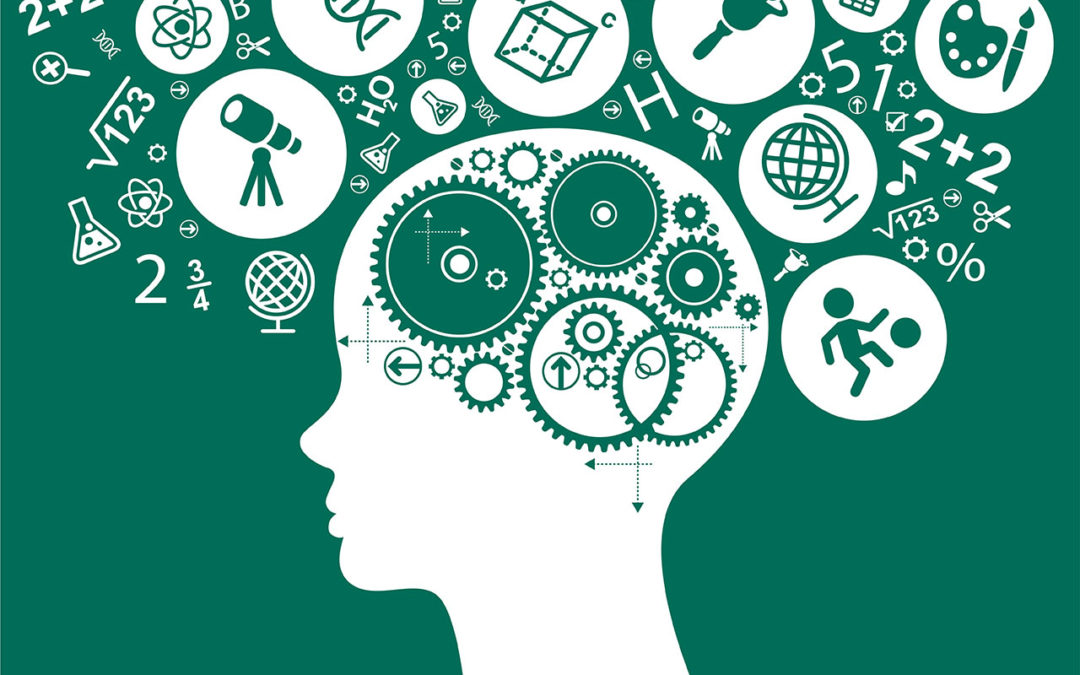Preventive Healthcare
Apraxia: Symptoms, Causes, Tests and Treatments
2600 Views
0

Is your child finding it difficult to talk lately? Are you finding it hard to perform daily activities with no known cause? These may be signs of Apraxia. In simple words, Apraxia means difficulty or loss of the ability to do any activity.
What is Apraxia?
Apraxia is a neurological (related to the brain and nerves) disorder characterised by the inability or loss of the ability to perform or execute a task (physical or verbal) in the absence of a physical disability.
You know what to do or what you want to do, but your brain does not allow it to happen effectively.
Causes of Apraxia
Apraxia is the result of dysfunction in the cerebral hemispheres of the brain. The nerves that send messages from the brain to the part that has to be moved are affected due to the fact that appropriate signals do not reach the intended body parts.
This can be due to brain damage from disease or injury to the brain. A brain tumour and stroke are common causes. Specific centres in the brain may get involved, causing issues with some body parts.
Symptoms of Various Forms of Apraxia
Apraxia symptoms are well understood by its various forms, as discussed below.
- Orofacial Apraxia or Apraxia of speech
Oro(mouth)-facial(face) Apraxia is when your child may have difficulty moving the lips, cheeks, or mouth on command. Some may use sign language or gestures to communicate.
- Limb kinetic Apraxia
In this form of Apraxia, you may find it hard to perform precise and coordinated movements with your hands, legs, fingers, and toes. For example, you may know how to put the key in the keyhole but be unable to do so.
- Ideomotor Apraxia
Ideomotor means that one is unable to follow verbal commands for a particular task. If someone tells you to turn right, you will be unable to do so, although you know where your right side is.
- Ideational Apraxia
Planning is hampered in Ideational Apraxia. Performing daily activities like bathing, dressing, and eating requires you to plan or break down the activities into smaller parts. This may not take place in this type of Apraxia.
- Constructional Apraxia
Drawing, copying, and making composite figures or drawings becomes difficult in Constructional Apraxia. The ability to construct or make something from scratch is lost.
- Oculomotor Apraxia
Fine movement of the eyes is affected in Oculomotor Apraxia. One may also lose the ability to wink, follow an object, or focus on something on command.
How do you diagnose Apraxia?
Certain tests and diagnostic measures will help the caretakers and your doctor to come to a definite diagnosis.
- Your doctor will take a complete past medical history to understand the onset and progression of symptoms.
- Coordination tests will be conducted to determine which component of activity is affected.
- Written and verbal communication will be assessed using commands and scoring of speech components will be done.
- Hearing and listening abilities may be checked by telling your child to perform some activity while you or your doctor assess if the task was performed as per command.
- Necessary investigations may be done to confirm the presence of brain damage, like MRI, CT scan, etc.
Treatment for Apraxia
- The first line of treatment for any form of Apraxia will be the treatment of the underlying brain damage or other conditions causing Apraxia.
- A Speech-Language Pathologist(SLP) will set a protocol for speech rehabilitation in the case of Apraxia of speech. An SLP will help you regain speech through coordinated speech activities involving sounds, syllables, words, and sentence construction with facial and mouth movements.
- Occupational therapy is recommended for individuals unable to perform daily activities or follow commands. An occupational therapist will also help you go back to your job through community rehabilitation.
- Physiotherapy may help in regaining strength, balance, and coordination.
- Assistive aids will be prescribed in case you have difficulties moving around.
Apraxia is manageable!
Apraxia is the inability to perform daily activities or talk due to inherent brain damage. You may know what to do but be unable to do so. Apraxia is present in various forms, like Constructional Apraxia, with Apraxia of speech being the most common. Treatment consists of rehabilitation through an SLP, an occupational therapist, and a physiotherapist.
FAQs
- At What Aage Can Apraxia Be Diagnosed?
Acquired Apraxia can present at any age but childhood Apraxia is usually noticeable when the child starts babbling, making sounds, and talking, which is usually between 18 months and two years of age.
- How Can I Tell If My Child Has Apraxia?
If your child speaks or babbles after 12 months or speaks one or two words only after the age of 18-24 months, it hints towards childhood Apraxia.
- Can a Child Recover From Apraxia?
With regular supervised rehabilitation sessions and speech therapy, your child will have significant improvements. Complete recovery may or may not be possible in all cases.
- Does Apraxia Run in Families?
Apraxia may be caused due to genetic abnormalities, but it cannot be inherited from parents.
- Does Apraxia Affect Memory?
Apraxia in the long run, may affect the ability to perform a task.























 WhatsApp
WhatsApp